What 2015 tells us about following Christ: 2. Generosity, evangelism and bravery
2015 saw some truly terrible headlines and it's easy to get depressed when we read them. But how should Christians react to them and what do they say to us about God?
In Part II of his theological review of the year, Krish Kandiah writes of generosity, greed, persecution and good news.
1. Gratuitous generosity and garrulous greed
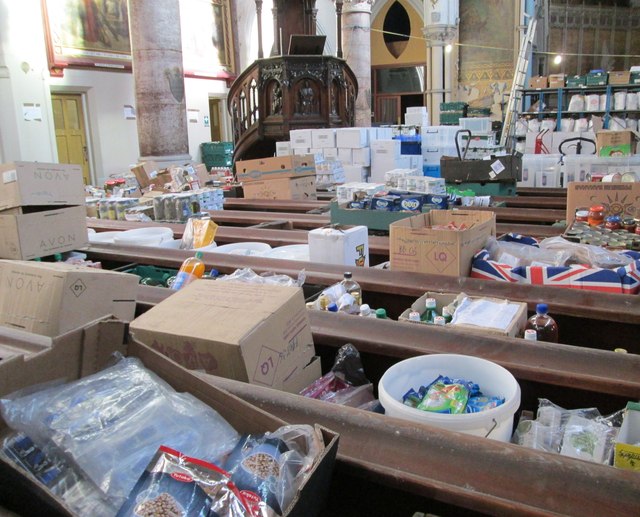
In April this year the Trussell Trust announced that more than a million people had received their emergency supply of three days of food. This Christian charity has been on the front line of poverty alleviation in the UK. It featured heavily in the election coverage as 'foodbank' has become part of the public lexicon of our nation. With the outworking of the austerity measures instituted by the government it is likely that foodbank usage will continue to rise.
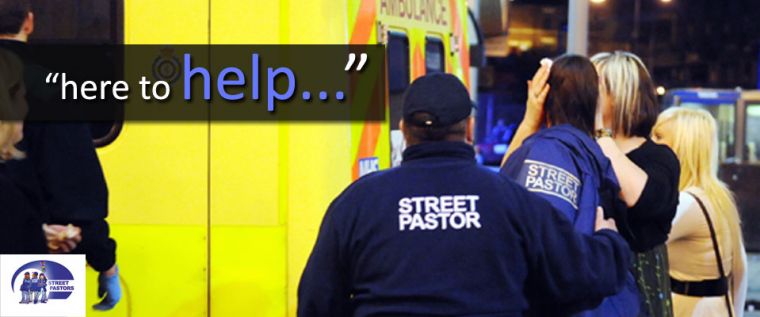
The work of Street Pastors has shown a significant impact on communities too. In an article in the Spectator, Inspector Andy Noble of Salisbury police is quoted stating: "Violent offences are 12 to 15 per cent lower than this time last year and I would attribute much of that to what the Street Pastors are doing." Similarly Martin Surl, the Police and Crime Commissioner for Gloucestershire, stated that in Cheltenham it "would be much, much harder to police without the Street Pastors".
In New Testament times when the Church had no political power, it was through the practical witness of believers living out the reality of the coming kingdom of God through hospitality and generosity that opened up opportunities to witness to Christ. As Peter instructed the Church: "Live such good lives among the pagans that, though they accuse you of doing wrong, they may see your good deeds and glorify God on the day he visits us" (1 Peter 2:12).
But because every believer is both saint and sinner, it is not surprising that the Church has not only demonstrated the generosity of the kingdom but sadly the greed of the world. While poverty strikes millions, professing Christians have also made headlines for their opulent lifestyle choices. For example, televangelist Creflo Dollar raised funds to buy a new private jet costing $70 million. The brand new Gulf stream is being bought because it is "necessary for ministry".
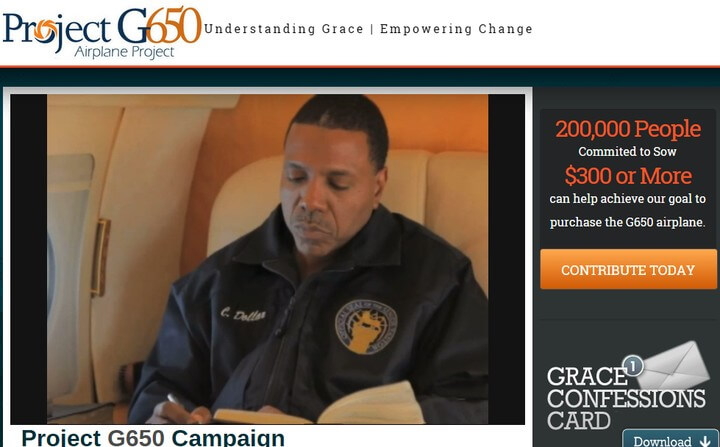
In the light of stories like this we must recognise the need for greater accountability, as even the best intentioned of us are liable to fail. Our lives can either commend the gospel or provide a negative apologetic, giving people further reasons to dismiss the claims of Christ.
In Ephesians we are warned to "Be very careful, then, how you live – not as unwise but as wise, making the most of every opportunity". In the challenging times in which we live, these instructions seem especially poignant.
2. Offputting evangelism and putting off old models
This year saw the release of a large UK study conducted by The Church of England, the Evangelical Alliance and Hope. The study, which had 2,500 adult respondents, found that 21 per cent think that Jesus was God, 30 per cent think he is a prophet or spiritual leader and 60 per cent think he was an actual historical figure.
Clearly the Church has a lot of work to do to help people understand the claims of the gospel. The survey also found that 67 per cent say they know an active follower of Jesus, 58 per cent of those surveyed know an active Christian and one in five who have had a conversation are open to speak about it again.
When the press picked up on the report they focused on the negative side of the statistics. For example the Times reported: "The study found that 59 per cent of people "did not want to know more about Jesus Christ" after speaking to a practising Christian about their faith". It also stated that 30 per cent of people felt more negatively about Christianity after someone had spoken to them about their faith.
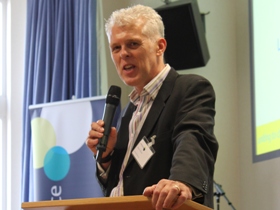
In a letter to the Times, Steve Clifford, Rachel Jordan and Roy Crowne replied to the coverage reiterating that "44 percent of the 1,500 Christians surveyed came to faith because of the influence of a friend and 36 per cent because a Christian spoke to them about Jesus".
Whichever way we read the statistics, we must recognise that in our fast-changing culture it is an urgent priority for the Church to rethink how we commend the gospel. Just as the Bible needs to be continually retranslated (as although the scriptures never change language does), in the same way we must make sure we are making sense to people when we try to explain the reason for the hope that we have.
These statistics tell me not that we should be afraid of speaking about Jesus but that we can't revert back to the way we have always done this. We need more missiological entrepreneurs who are theologically grounded and culturally connected, who will pioneer fresh ways of articulating the ancient gospel.
3. Outstanding bravery and courageous standing out
In the middle of a year of terror we have also witnessed great bravery. This has by no means been limited to Christians. I found the bravery of the unarmed passengers on the TGV train who overpowered an armed terrorist breathtaking. But as a Christian I have also been incredibly impressed and inspired by sisters and brothers around the world willing to face death "because of their testimony about Jesus and because of the word of God" (Revelation 20:4). I think of the brave students in Garissa who were killed attending the Christian Union morning prayer meeting. In all 147 students died. One witness explained "If you were a Christian, you were shot on the spot. With each blast of the gun, I thought I was going to die."
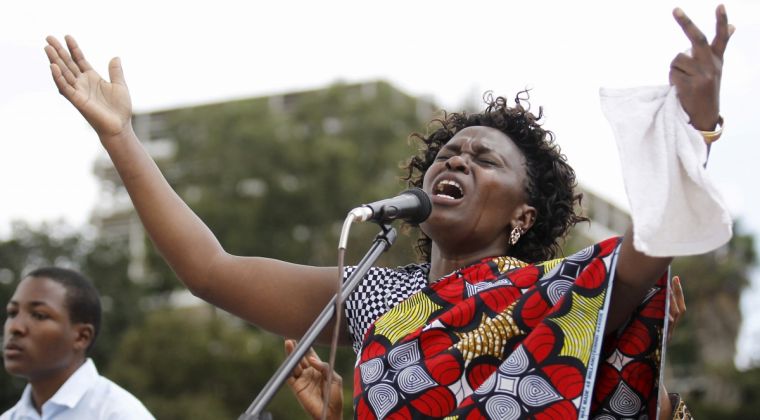
In the USA 21-year-old Dylan Roof walked into a church, participated in a Bible study and then pulled out a gun and shot dead nine members of the congregation. Two days later at a pretrial court proceeding members of the congregation and the families of the victim confronted Roof. One victim's sister said to Roof: "DePayne Doctor was my sister... For me, I'm a work in progress and I acknowledge that I'm very angry... But one thing DePayne always joined in my family with is that she taught me we are the family that love built. We have no room for hate. We have to forgive. I pray God on your soul."
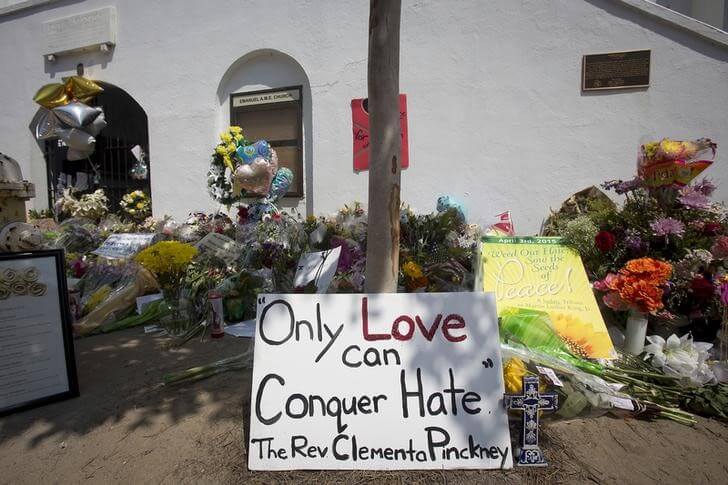
Another family member said: "I forgive you, my family forgives you. We would like you to take this opportunity to repent. Repent. Confess. Give your life to the one who matters the most, Christ, so he can change your ways no matter what happens to you and you'll be OK. Do that and you'll be better off than you are right now."
This was the year where the world witnessed the execution of 21 Coptic Christians on a Libyan beach at the hands of ISIS. In February these 21 Egyptian labourers, who had gone to Libya to earn a living, were captured and beheaded by Islamic extremists. Reports confirm that many were praying as they prepared for death while others died shouting "O Lord Jesus" as their throats were cut.
Kayla Mueller, a young American woman in her twenties, was killed this year in ISIS captivity. In a letter to her father Mueller wrote: "I will always seek God. Some people find God in church. Some people find God in nature. Some people find God in love; I find God in suffering. I've known for some time what my life's work is, using my hands as tools to relieve suffering."
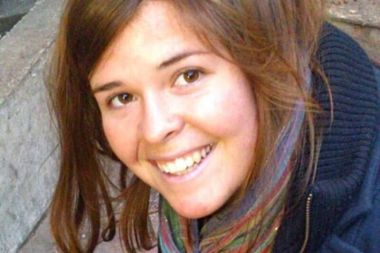
Like many milllenials she was someone who wrestled with her faith but still tried to live out the faith she had by helping the vulnerable. She was captured by ISIS after visiting a hospital in Aleppo. Official reports say that she was imprisoned and physically and sexually abused before dying in captivity. Her death was announced in February 2015.
As religious persecution and terror continue we have been given stirring examples from sisters and brothers around the world of how to respond with courage, grace and compassion. Whatever we have faced in our personal lives this year, and whatever we have felt in light of the barrage of tragic news reports this year, I pray that you and I will have the courage to follow in their footsteps.
So what do we learn from some of the headlines of 2015? These are times for great courage and great compassion. These are moments when we need to show our solidarity with sisters and brothers around the world. These are days when the Church will shine through its generosity. But we must also make sure we enlighten people with words of life that come through the gospel. This will call for wisdom, discernment, grace and audacity.
The Bible promises us a great hope, but calls for faithful endurance.











